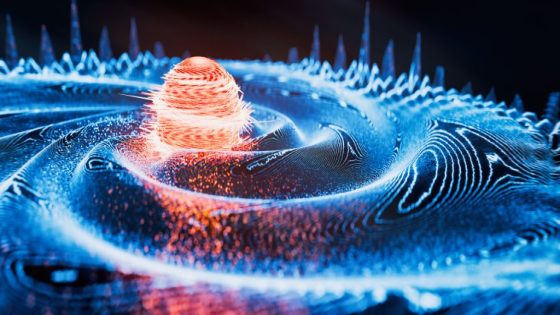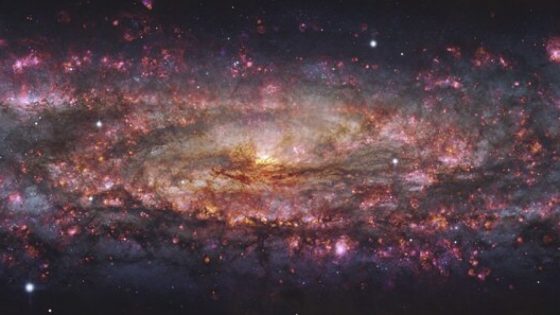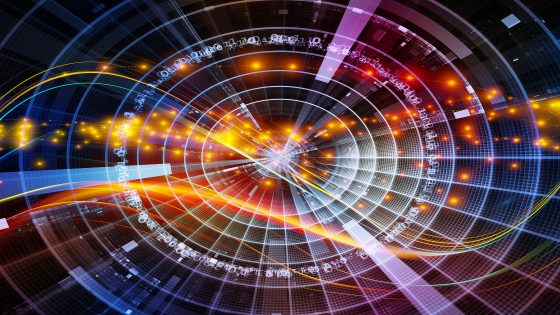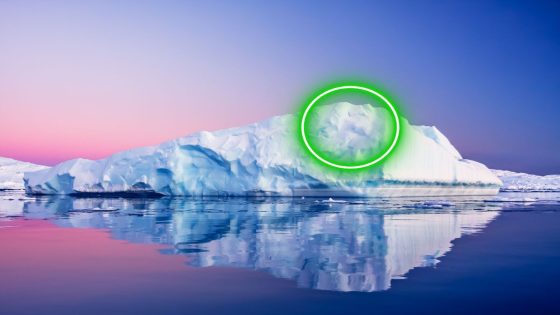Gravitational waves may hold the key to understanding the early expansion of the Universe. A groundbreaking theory suggests these ripples in space-time, rather than speculative particles called inflatons, could have shaped the cosmos as we know it today.
- Gravitational waves may drive early cosmic expansion.
- New theory challenges reliance on inflatons.
- Current models have notable shortcomings.
- JWST discovered unexpected early massive galaxies.
- Gravitational waves create density variations in plasma.
- Research published in Physical Review Research.
Published on 2025-08-09 23:01:00, this research from the University of Barcelona highlights how gravitational waves can explain the Universe’s evolution without relying on unobserved elements. The simplicity and verifiability of this proposal make it an exciting development in theoretical astrophysics.
This new approach raises intriguing questions about our understanding of cosmic evolution. Can we truly rely on gravitational waves to explain the Universe’s formation? The findings suggest that:
- Gravitational waves can create density variations in primordial plasma.
- This mechanism could eliminate the need for hypothetical particles like inflatons.
- Further research is essential to verify these claims.
As scientists continue to explore these gravitational waves, we may be on the brink of a new era in cosmology, unlocking deeper insights into the Universe’s earliest moments.

































